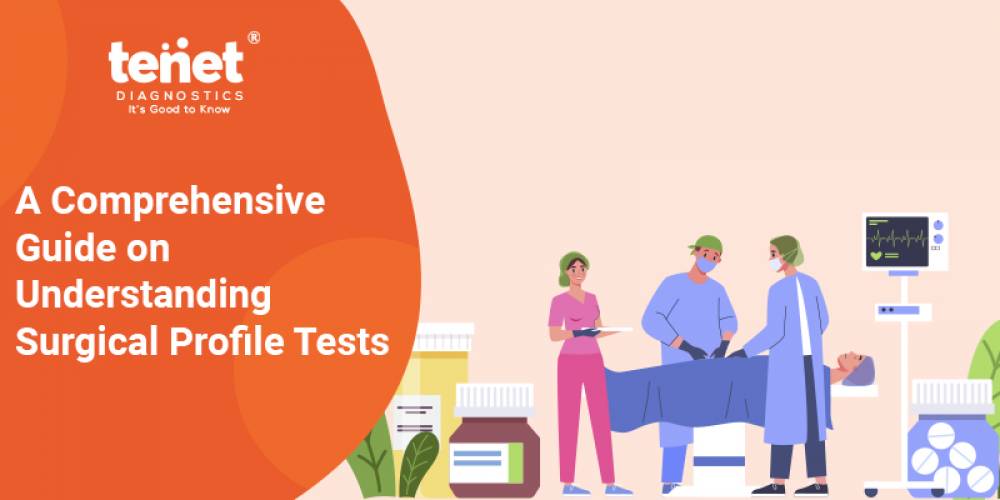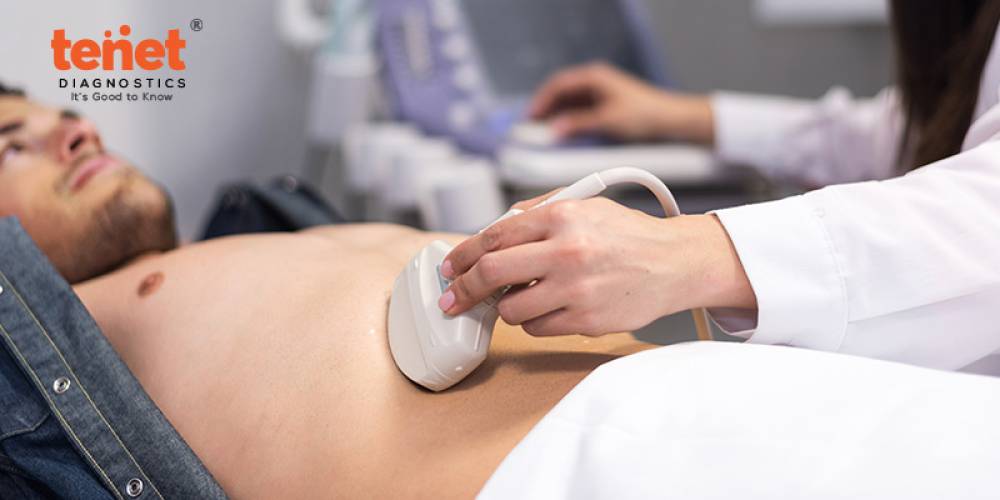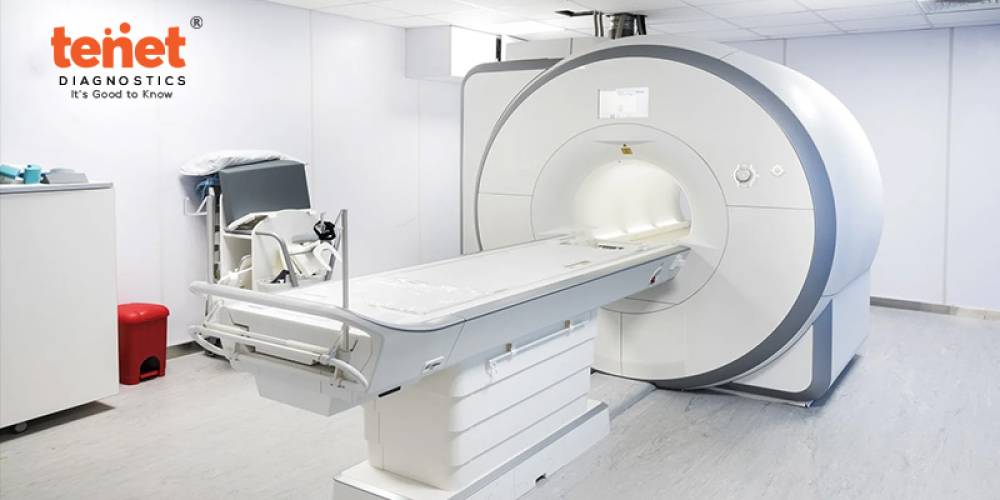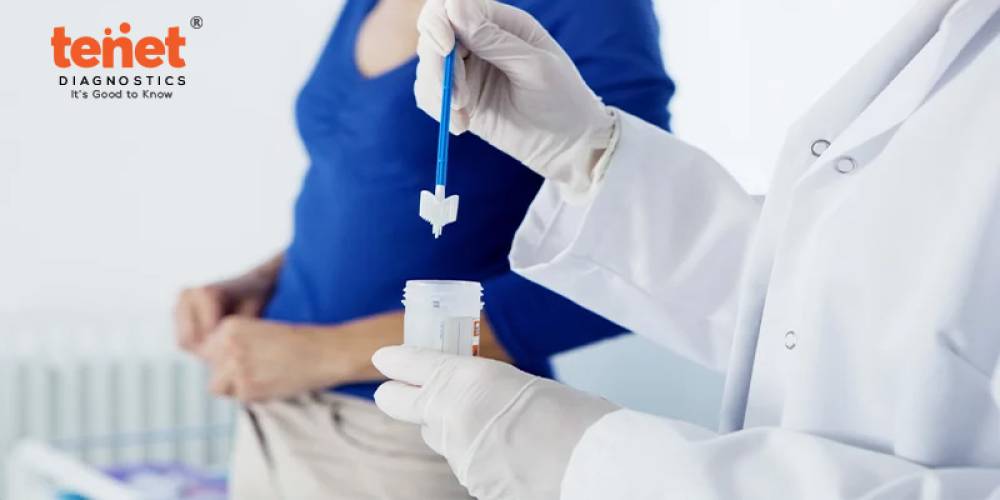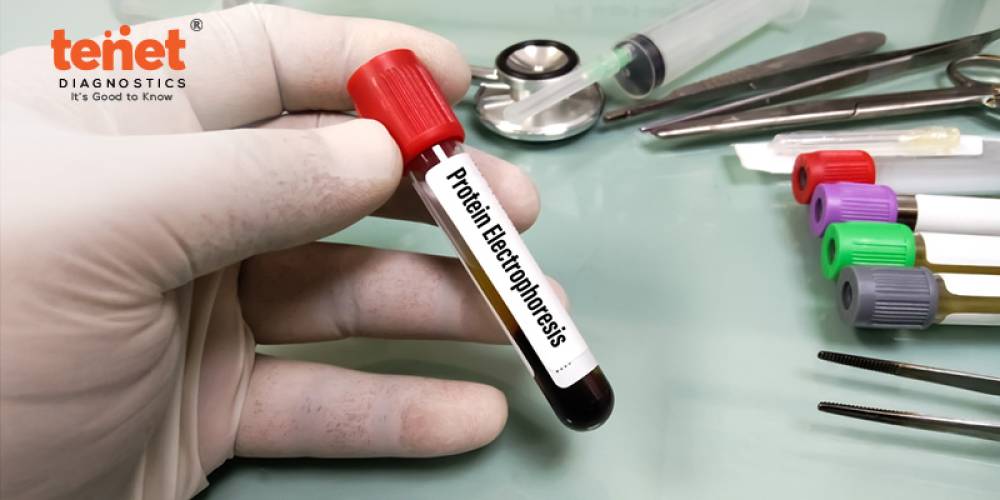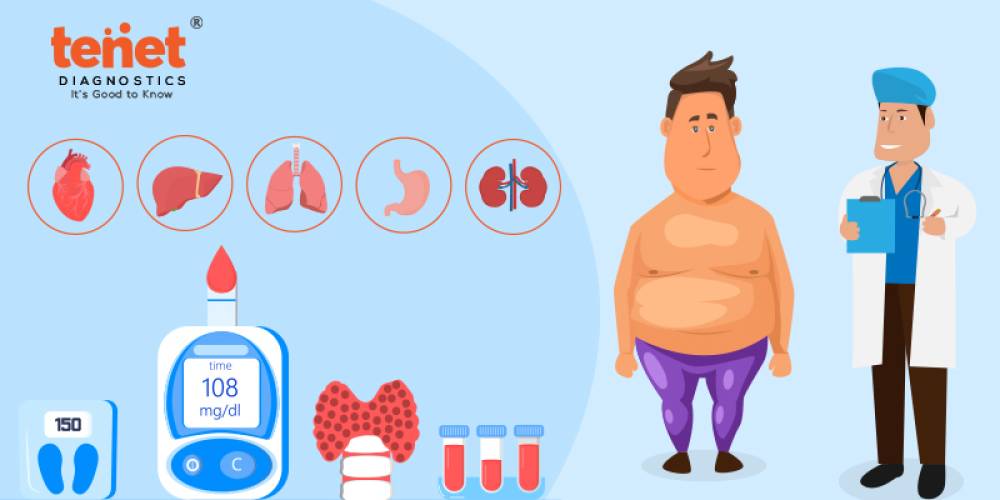A preoperative screening exam called the Major Surgical Profile is administered to every patient getting surgery. This test can assess the potential risk of infections or other illnesses and help direct patient management. Patients ready to have surgery must undergo a set of exams known as a surgical profile test. The surgical profile tests aim to evaluate the surgical risk in patients undertaking small and moderate surgical operations. Patients with common conditions are urged to get these tests. Surgical profile tests in Hyderabad cost about 3,500/- approximately. You can check for surgical profile prices on Tenet for better details.
At tenet diagnostics, the tests covered in surgical profile tests are:
- Complete blood picture
- Complete urine examination
- Erythrocyte Sedimentation Rate (ESR), Sodium Citrate Whole Blood
- HIV 1 & 2 Antibodies, Serum
- Glucose Random (RBS), Sodium Fluoride Plasma
- Hepatitis B Surface Antigen, Serum
- Hepatitis C Antibody (Anti-HCV), Serum
- Creatinine, Serum
- Blood Grouping ABO And Rh Typing, EDTA Whole Blood
- Urea, Serum
- Prothrombin Time With INR, Sodium Citrate Whole Blood
- Electrolytes, Serum
For undergoing a surgical profile test in Hyderabad, visit Tenet Diagnostics.
Importance of surgical profile tests
The term "surgical profile" refers to comprehensive details regarding a patient's medical background, previous operations, drugs, allergies, and any other pertinent characteristics that may impact the success of their procedure. The surgical profile is crucial for the following reasons, in particular:
Preoperative evaluation
A thorough surgical profile aids medical personnel in determining the patient's general health before surgery. It enables them to recognize any existing medical disorders that may raise the dangers of the treatment, such as heart disease, diabetes, or lung issues. The surgical team uses this information to create a suitable strategy and make informed judgments about the surgical technique, anesthetic, and postoperative care.
Risk management and medical assistance
By reviewing the surgical profile, medical professionals can assess each patient's specific risks and estimate the chance of complications before, during, and after surgery. For instance, the surgical team can take the appropriate precautions, such as utilizing alternative medications or altering the surgical method, if a patient has a history of bleeding disorders or allergies to specific medications. This will help to reduce risks and maintain patient safety.
Medication management
The surgical profile contains crucial details regarding the prescription and medications the patient is taking. Some medications must be discontinued before surgery, while others may interfere with anesthesia or raise the risk of bleeding.
Identification of allergies
During surgery, allergies to certain drugs, anesthetics, or substances used in the operating room can have catastrophic consequences. A precise surgical profile aids in identifying any known sensitivities, enabling the surgical team to select alternate medications or take precautions to prevent allergic responses and the difficulties accompanying them.
A comprehensive guide to surgical profile tests
These tests assist in gathering crucial data regarding a patient's general health status, identifying existing conditions or risk factors, and assist in the decision-making process for safe and effective surgical surgery. Here is a comprehensive manual covering some typical surgical profile tests:
Complete blood count (CBC)
A CBC tells you how many red blood cells, white blood cells, and platelets the patient has. It aids in determining the patient's general health, identifyinganemia or bleeding problems, and assessing the danger of infection or poor clotting.
Electrocardiogram (ECG/EKG)
An ECG is a recording of the heart's electrical activity that can be used to determine the heart's rhythm, beat, and any potential cardiac problems. It aids in determining the patient's cardiovascular health and locating ailments like arrhythmias or ischemic heart disease that could influence the selection of anesthesia or surgical technique.
X-ray of the chest
A chest X-ray assesses the patient's lung function and spots any pre-existing diseases like pneumonia, chronic obstructive pulmonary disease (COPD), or malignancies. It gives information on lung function, aids in determining whether the patient is a good candidate for anesthesia and assesses the possibility of postoperative respiratory problems.
Blood Grouping & Typing
Determine the patient's blood type and conduct a crossmatch to ensure that appropriate blood products are available if the patient needs a transfusion during surgery.
Infectious Disease Screening
Depending on the patient's health history and risk factors, various infectious disease screening tests may be carried out. Tests for hepatitis B and C, HIV, syphilis, or other pertinent illnesses may be among them. For patient safety and transmission prevention, it is crucial to recognize and treat infectious disorders.
Final words
Understanding surgical profile testing is essential for healthcare professionals participating in preoperative evaluations and surgery planning. These examinations give helpful insight into a patient's general state of health, aid in detecting existing illnesses or risk factors, and direct decision-making to guarantee safe and effective surgical operations.
Several tests with a specific function may be part of a thorough surgical profile. The patient's general health, organ function, and ability to clot are all revealed through tests like the complete blood count (CBC), and coagulation profile. While chest X-rays and imaging investigations measure lung function and physical structures pertinent to the treatment, electrocardiograms (ECG/EKG) examine cardiovascular health.
Healthcare practitioners can assess risks, customize surgical plans, manage drugs and allergies, and foster successful teamwork within the surgical team by considering the findings of these tests. This all-encompassing strategy improves surgical outcomes, maintains care continuity, and protects patient safety.

